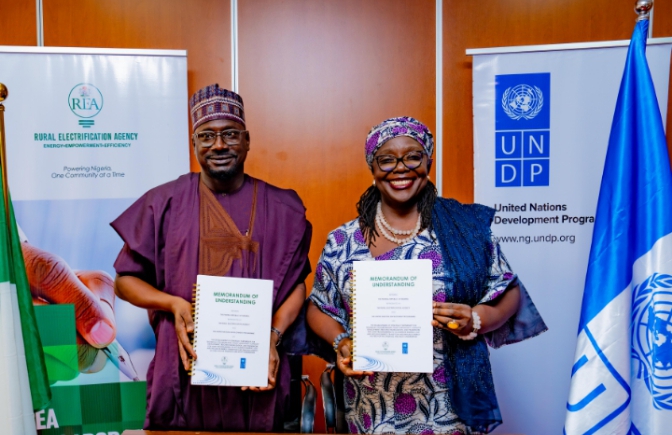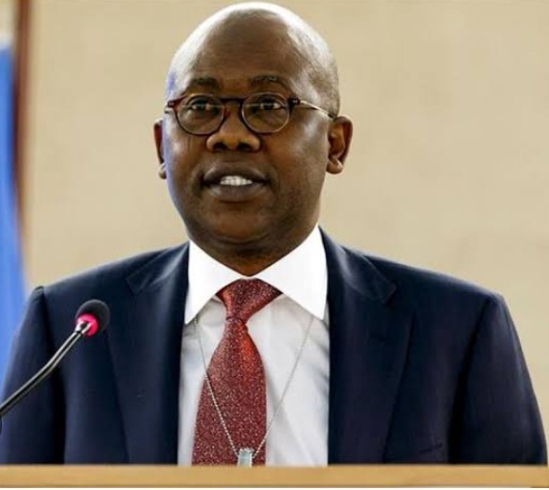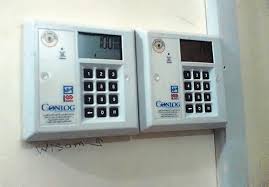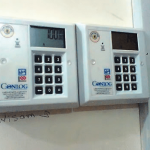The Nigeria Electricity Regulatory Commission (NERC) has disclosed that only 42 per cent, translating to 3,360,000 out of eight million billed electricity customers, have meters in the country.
NERC commissioner in charge of finance and management services, Nathan Shatti, gave this information at the monthly NEXIER Power dialogue for the month of April held in Abuja. Shatti said the figure was the latest as of December 2017, while speaking with BusinessDay on the sideline of the NEXIER Power dialogue.
The commissioner said NERC’s effort to ensure proper billing of the electricity sector was to address concerns of liquidity threatening the sector, while ensuring a more efficient and transparent collection system and billing of electricity consumers. NERC came up with the idea of Meter Asset Provider (MAP) regulation to ensure wider coverage of electricity consumers in the billing system, while taking the burden off the Discos who had also raised concerns on lack of cost-reflective tariff to address a proper billing system, he said.
“The enumeration of customer ensures customer satisfaction, ensures proper billing, and to ensure transparency. We sat down and said a metering solution must be found to ensure customer satisfaction and address concerns of liquidity in the sector,?” he said.
He pointed out that the Discos had been complaining of tariff shortfalls, and other issues that informed the idea of getting an independent party to address the concerns of the shortfalls, and take over the responsibility of metering.
“We believe that by working with the MAPs, issues bordering on estimated billing could be addressed adequately, and reducing it minimally is guaranteed,” he said. Apart from ensuring customer satisfaction, the proper billing system would ensure revenue assurance for the Discos, while enhancing revenue spread in the power value chains.
“Today, there are so many people using energy that the Disco doesn’t know. Hence, if you are able to provide meters for those who don’t have, it creates healthier customer relationship with the Discos,” he said. The commissioner also noted that investor confidence would soar on the heels of improved customer enumeration and billing of energy consumers, which is a key factor in attracting competitive investors.
“What we are trying to do in the MAP, which has taken off, is to ensure competitive procurement process where to deploy meters that are accessible for customers,” he said.
It would be recalled that the NERC came up with the MAP regulations, which took off effectively on April 3, 2018.
On the heels of this development, the commissioner confirmed that NERC had already invited MAPs to participate in the procurement process, as he disclosed that more than 15 applications had been received by NERC on ‘no objection form,’ which qualifies them to meet with the Discos and ascertain possible areas of coverage for the pre-paid meters.
On the other hand, the process to proscribe the issuance of estimated bills to consumers has begun in the House of Representatives.
The bill, a private member bill, is sponsored by Femi Gbajabiamila, the House of Representatives majority leader, and had already scaled second reading in the? House. The lawmakers in the bill proposed to criminalise non-provision of pre-paid meter after application and illegal disconnection of consumers, among others.
Speaker Yakubu Dogara, contributing to the bill, said he had to disconnect his house in Bauchi that was not occupied but receiving N80,000 monthly on estimated bills.
In the same vein, Osita Chidoka, a former Aviation minister, told BusinessDay on the sidelines of the NEXIER Power event that he procured a transformer for his house in Obosi on his own, yet the Enugu Disco had failed to give him credit for that or provide him with meter, rather flood his house with estimated billing monthly, running into millions. Industry watchers believe that proper billing of electricity consumers and enumeration by Discos will enhance efficiency in the power sector, and ensure maximum progress in the privatisation exercise.
Source: BUSINESS DAY 23-04-2018









